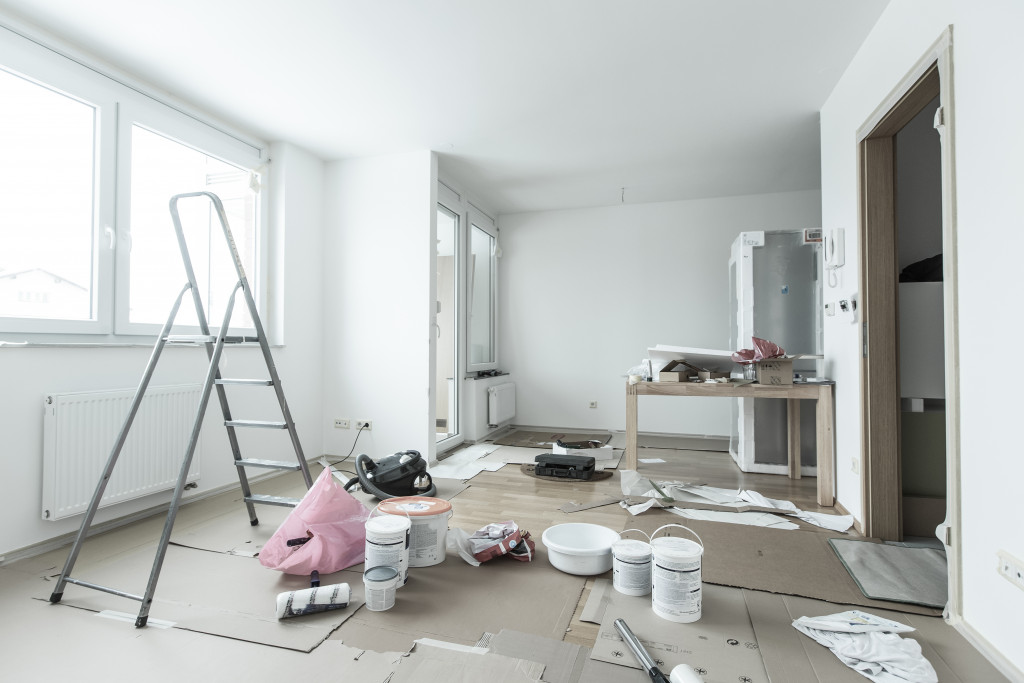- Real estate investment requires long-term planning, realistic goal setting, and anticipation of market changes.
- A thorough understanding of budget and cash flow is vital to invest wisely and maximize profitability.
- Regular upgrades, particularly in kitchens, bathrooms, flooring, roofing, and energy efficiency, improve property value and appeal.
- Keeping comprehensive and accurate documentation is critical for legal protection and financial clarity.
If you are a real estate investor or developer, managing residential real estate investments is more than just purchasing properties and assuming they will generate profitability. In reality, buying a rental property and making money from it involves much more work than that.
You need to consider maintenance, tenants, insurance, taxes, and many other factors to ensure that you properly manage your residential real estate investments. This blog will outline the best practices that real estate investors and developers should follow to manage their residential real estate investments effectively. These best practices will require work, but implementing them will help you generate long-term, sustained profitability from your investments.
Set Realistic Expectations and Goals
Investing in real estate is a long-tail game. As a real estate investor or developer, you must think long-term, prepare for future market changes and vacancies, and assume any changes in rates. Therefore, it is essential to set realistic expectations and goals for your residential real estate investments. For instance, it is unlikely that you will double your money within a year, but if you put in honest work, you can make a profit from your investment over the long term. Therefore, it is essential to set goals that align with your financial plans.
Understand Your Budget and Cash Flow
If you are not sure about how much money you can invest in real estate, you are not ready to become a real estate investor. As an investor, it is your responsibility to understand the return on your investment and ensure that it aligns with your initial financial plan. Therefore, you must have a solid budget and an understanding of your cash flow. This will allow you to invest wisely and effectively and help you avoid unnecessary expenses that could cut into your profits.
Invest in Necessary Upgrades

When managing residential real estate investments, it is essential to remember that these properties are long-term assets. As such, they will require regular upgrades to keep them in good condition and attract potential tenants. Here are four core areas where upgrades will help you maximize your return on investment:
Kitchens and Bathrooms
Your kitchens and bathrooms are the most-used parts of your property. Therefore, it is essential to keep them in good condition to attract tenants and maintain a high rental value. Simple upgrades like new cabinets, countertops, and fixtures can make a massive difference in the overall aesthetic appeal of these areas.
Flooring
The condition of your flooring can significantly impact the value and attractiveness of your property. It is essential to invest in quality flooring that can withstand wear and tear and maintain its appearance over time. This will not only attract potential tenants but also save you money on constant repairs or replacements.
Roofing
A damaged or leaky roof can cause significant damage to your property and negatively impact its value. Regular maintenance and necessary upgrades to your roofing will not only protect your investment but also increase its longevity. Consider employing the help of experienced roofing contractors to ensure the job is done correctly. They can also provide valuable insight into the best materials and upgrades for your specific property.
Energy Efficiency
Investing in energy-efficient upgrades, such as LED lighting, energy-efficient appliances, and insulation, can help reduce your utility costs and make your property more appealing to environmentally conscious tenants. This can also increase the overall value of your property.
While these upgrades may come at a cost, they can help increase the value of your property and attract higher-paying tenants, ultimately leading to increased profitability.
Keep Necessary Documentation

Managing residential real estate investments goes beyond just renting it out and collecting rent. As a real estate investor or developer, you must keep all essential documents relating to your residential dreams.
You should have a clear record of all rental agreements, tenant payments, insurance communication, and other necessary documents. Keeping necessary documentation can ensure that you are protected and have a clear and distinct perspective that supports your financial goals.
Managing residential real estate investments requires a strategic approach and meticulous attention to detail. From setting realistic expectations to understanding your financial capacity, making necessary property upgrades, and maintaining crucial documentation – each aspect plays an integral role in ensuring the profitability of your investment.
While it may seem a daunting task initially, with time and experience, it is certainly achievable. Remember, real estate investment is not a get-rich-quick scheme but a long-term strategy that requires patience, perseverance, and consistent effort. Implementing these best practices will safeguard your investments and pave the way for long-term financial success.




